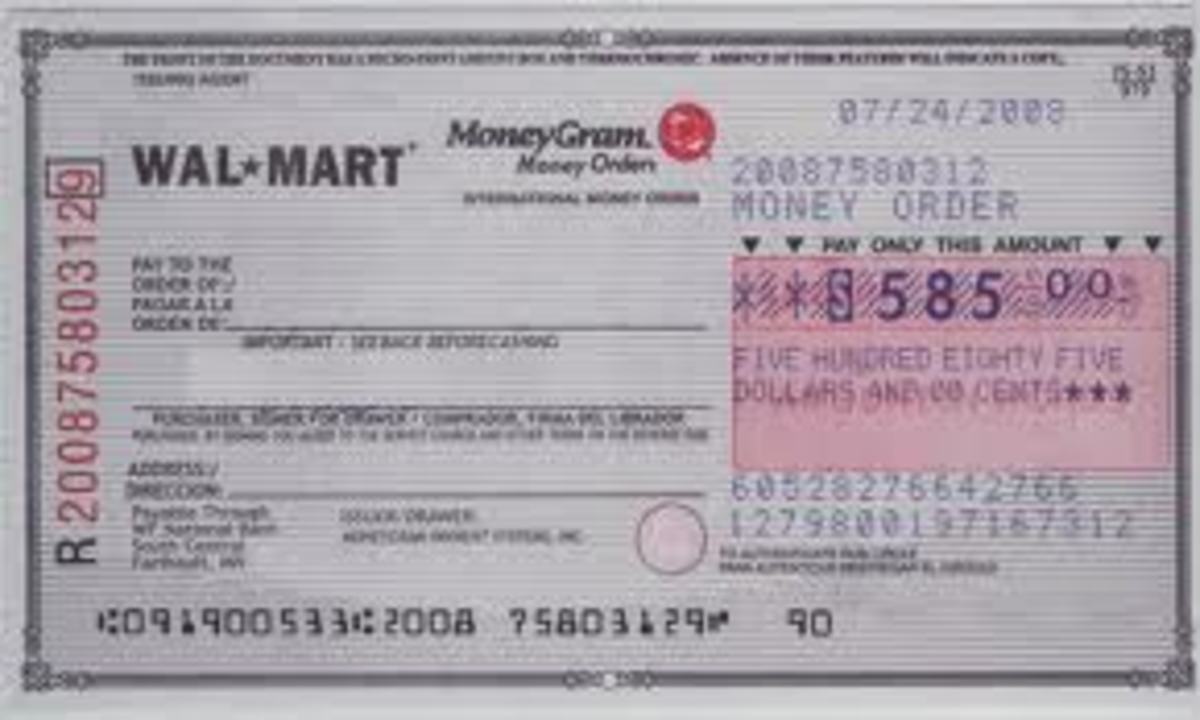Choosing A Safe Credit Union
Provided you select a safe credit union switching to a credit union for your personal finance requirements may be the wisest choice in today’s economic climate.
In anticipation of the full implementation of the new Credit Card Accountability, Responsibility and Disclosure Act (Credit CARD Act of 2009) in February 2010 most of the major banks in the country have slashed credit limits and increased their monthly fees and penalty charges in recent months. Now may be the perfect time to start looking for a more beneficial means of managing your personal finances
Credit Unions In The Past
Joining a credit union was previously an option only available to a select minority of the general population. Changes that have taken place through the years have now made it possible for almost anybody to qualify for membership of a credit union.
Initially the sole purpose of credit unions was to assist people who were not being served by banks. Nowadays with nearly 10,000 credit unions in the United States there is bound to be a credit union whose membership is based on either your place of residence, who your employer is or what association you belong to. If necessary it might be a good option to join an association if that is what it takes to join a safe credit union.
Difference between Banks and Credit Unions
Lower Interest Rates
Credit unions are non-profit organizations and are able to offer lower interest rates and fees in almost all types of credit facilities and higher interest rates on savings accounts.
To check the difference between average Credit Unions and Bank interest rates visit the following link:
Regulation of Credit Unions
Federal or state-chartered credit unions throughout the United States are regulated by The National Credit Union Administration (NCUA) , an agency of the federal government. These credit unions must adhere to strict guidelines as set out by the NCUA who also administrates
The National Credit Union Share Insurance Fund . All monies invested in both federal and the majority of state-chartered credit unions are insured by the NCUSIF. It is for this reason that these are considered safe credit unions and worth considering when looking to invest your hard-earned money.
Credit Unions are Non-Profit
Unlike banks and other financial institutions the sole purpose of credit unions is not to maximize their profit. Being a non-profit organization with its members as shareholders the only people they have to keep happy is you, the member. Should the credit union make a profit the members benefit as any profit is paid out in the form of dividends to the members.
Banks and other for-profit financial institutions need to ensure that they make a reasonable return on investment when providing loans to consumers. Credit unions only need to ensure that they remain a sustainable business and keep their members happy.
Bank vs Credit Unions
Credit Unions Less Expensive Option
Credit cards issued by most credit unions do not attract annual card fees and their interest rates are substantially lower than those charged by banks. Credit unions are not out to pounce on you as soon as you make a late payment and are much more understanding of their members financial predicament. Banks on the other hand charge annual fees on their credit card accounts and have no scruples about hiking your interest rate as soon as you are late making a payment.
If you have a bank checking account then you are probably paying exorbitant overdraft fees. Changing to a safe credit union would enable you to save almost half of the fees should you exceed your overdraft.
Most credit unions do not charge ATM fees or refund a certain amount of the fees paid during the month. Those that do charge ATM fees do so at a much lower rate. If you are in the habit of using an ATM with your current bank account you will realize what a huge saving this can mean to you.
Credit Unions More Accomodating
Credit unions generally tend to give more personal attention to their members than mega-banks do.
This is partly due to their smaller size and fewer members or clients that they need to service. In many instances this can mean the difference between a loan being granted or declined.
Disadvantages of Credit Unions
Typically credit unions have a limited number of branches and this could prove to be inconvenient if the credit union of your choice does not have a branch in close proximity to either your home or place of work.
The growth of credit unions over the past few years has improved the situation and as credit unions continue to grow or merge finding a suitable credit union that is conveniently situated will be easier in the not too distant future
Locate a Credit Union In Your Area
Check How Safe The Credit Union is According to Safe and Sound
- Bankrate.com Safe & Sound (tm): Bankrate free rating system for banks, thrifts, credit unions
Is your bank or other financial institution safe? Find out with Bankrate's free star-ratings search.








